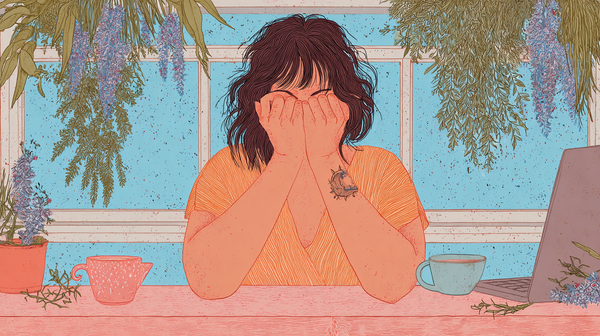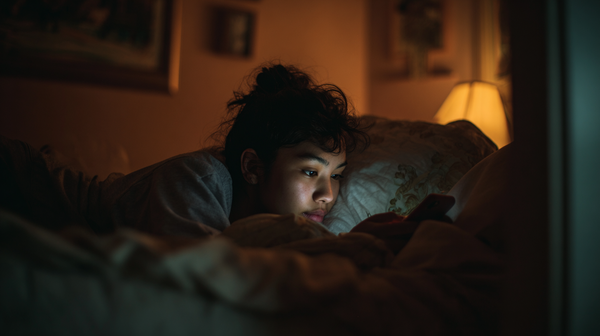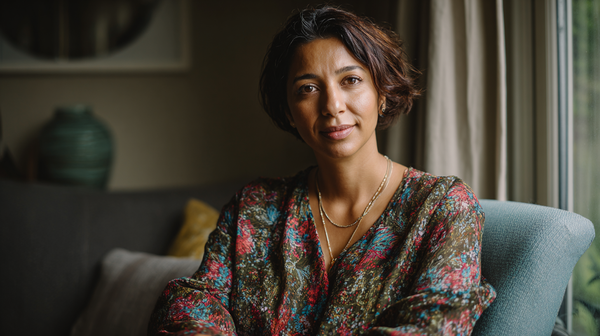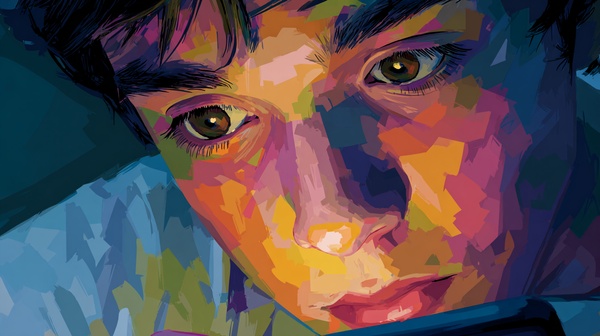Peer Circles, Not Couch Sessions: Gen Z's Quiet Revolt Against Therapy 🙅♂️
Gen Z sees therapy as weakness, choosing peers over professionals. But is there a cost to young people using each other over professionals? I find out.
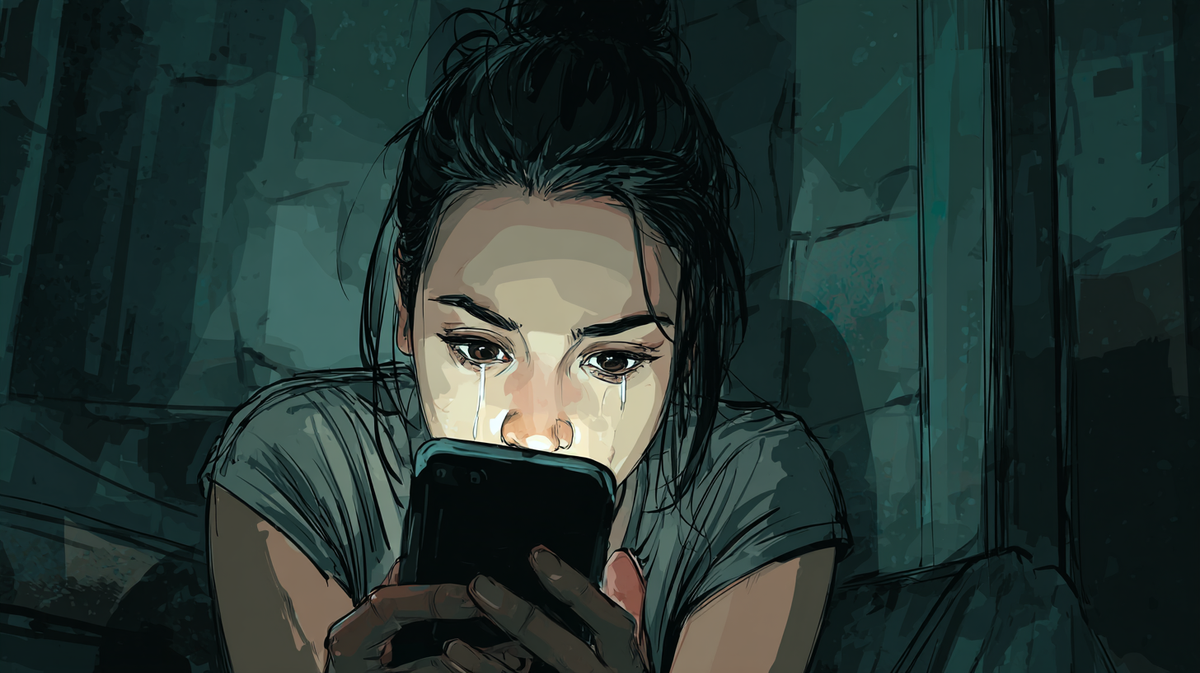
How do you tell someone you're drowning when you're also trying to look like you've got it all handled?
For older generations, therapy was the answer to that question. A softly lit office, a stranger with kind eyes, and 50 minutes to spill the guts of your life. But for many in Gen Z, therapy isn't a safe harbour. It's a badly-lit room that smells faintly of antiseptic and costs more than they can afford. And worse, it's starting to feel... cringe.
A recent survey by BetterHelp found that 37% of Gen Z respondents see going to therapy as a sign of mental weakness. On TikTok, viral videos mock therapists with skits titled "And how does that make you feel?" complete with exaggerated sighs and eyerolls. Reddit threads bristle with suspicion about "capitalist therapy" and therapists who nod along but never reveal anything of themselves.
This isn't just about money or access. It's something deeper: a cultural rift over what it means to ask for help, to be vulnerable, and to heal. In the same way we've become adept at curating the perfect sad-girl aesthetic or doomscroller persona, we've learned how to talk about mental health without really letting anyone in. And for Gen Z, traditional therapy often feels like a performance they'd rather skip.
Yet beneath the memes and mockery, there's a darker truth. This generation reports some of the highest rates of anxiety, depression, and suicidal ideation ever recorded. They're sharing their pain online in confessions, memes, and viral trend, -but increasingly rejecting the one place older generations turned to for help.
So what happens when a generation that's more transparent about its mental health than any before... turns away from the places and spaces built to help them?
Listen to today's episode here:

The Data: A Generation Pulling Away 📉
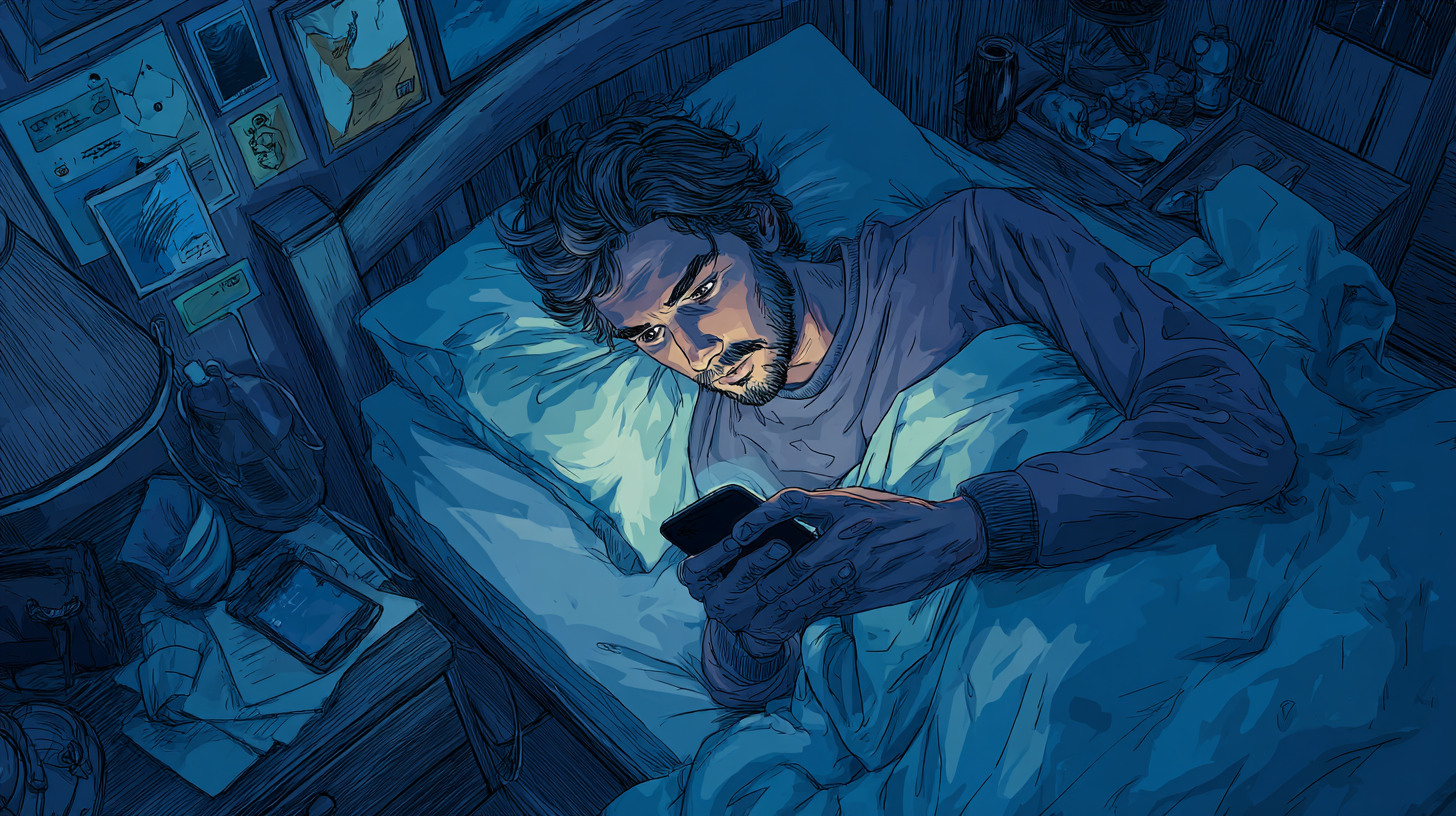
Here's the paradox: Gen Z talks about mental health more than any generation before them, but trusts therapists less than ever.
They're fluent in therapy-speak: they know their "boundaries," their "trauma responses," when they are being "gaslit" but wary of the places those words were meant to be unpacked. And data is emerging showing a shift in what therapy means to a new generation who speak the language, but don’t want to join the club.
On top of the BetterHelp survey, nearly one in four Gen Zers avoid therapy, even as 85% say mental health matters as much as physical health.
Meanwhile, the dissonance keeps growing. Online, TikTok is filled with teary car confessions, bathroom-floor breakdowns, and memes gently mocking therapists who ask, "And how does that make you feel?" A piece published by The Vox on the "crashing out" trend - where people deliberately film themselves falling apart - noted that these viral emotional meltdowns are often a substitute for therapy itself, a catharsis that feels safer, faster, and less clinical.
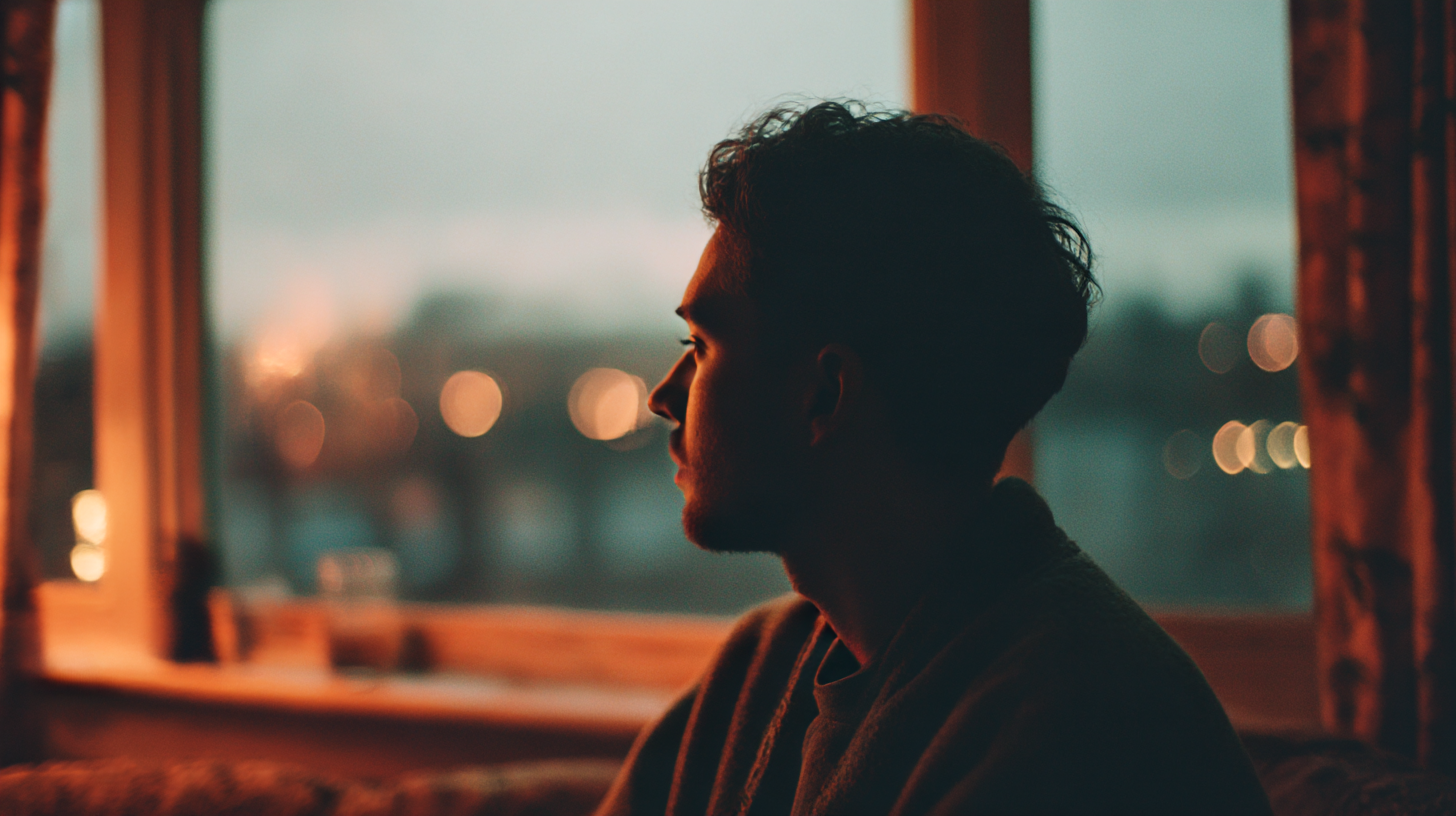
Yet behind all that noise is something quieter and far more alarming. The CDC's 2024 Youth Risk Behavior Survey reports that nearly 60% of teen girls felt persistently sad or hopeless in the past year the highest figure in a decade. Suicide rates remain elevated, with mental-health professionals warning of "the shadow pandemic" trailing the wake of COVID-19.
And even for those who do try therapy, connection often falls short. The 2025 State of Stigma global report found that one in three Gen Z clients who have attended therapy say they still feel misunderstood by their therapist.
Across Reddit threads like r/therapy and r/mentalhealth, a quiet frustration simmers: "I know my therapist is just waiting for the session to end," one user writes. Another confesses: "I don't want to keep paying someone to pretend to care."
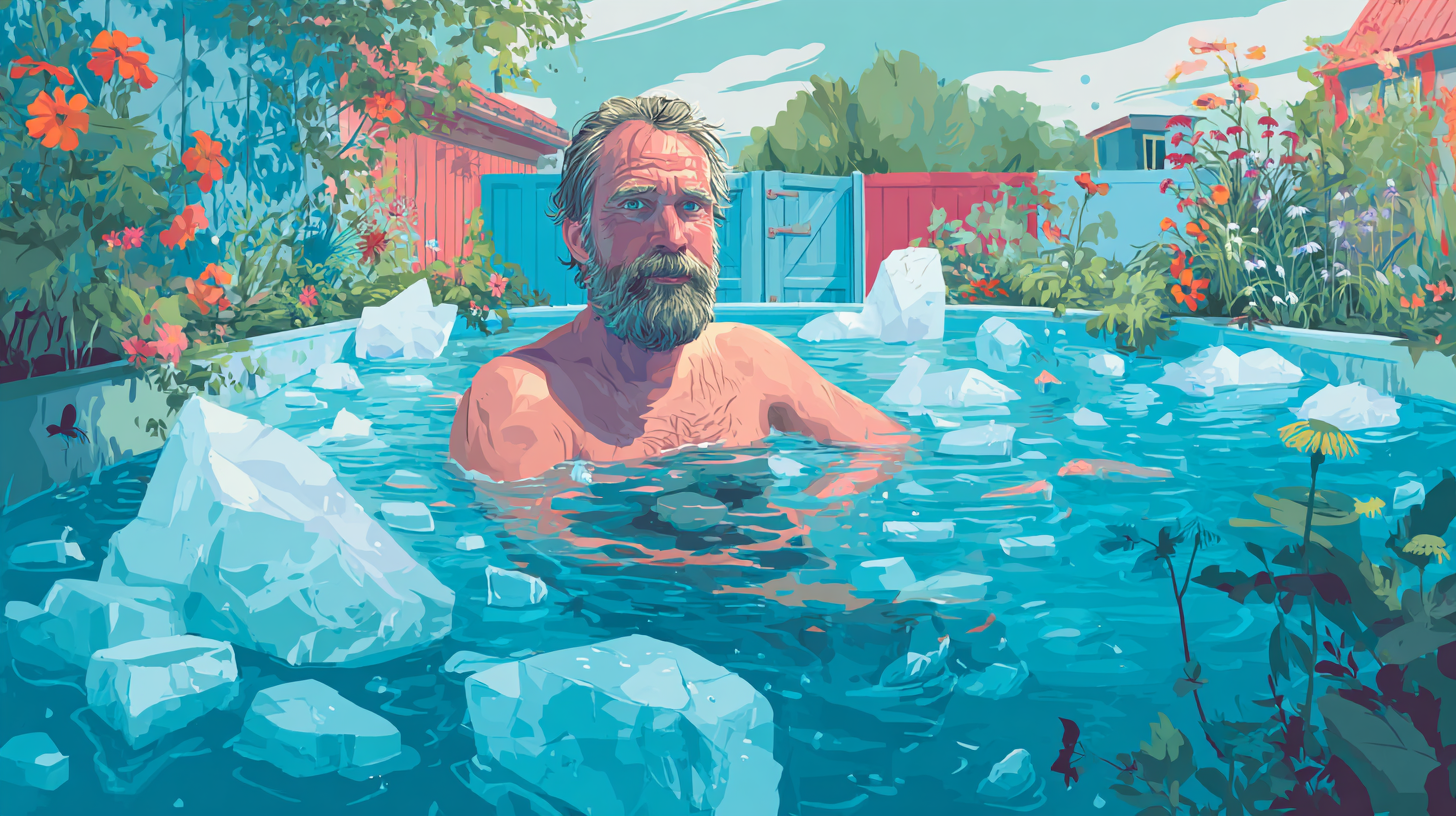
The numbers and the anecdotes are saying the same thing: Gen Z isn't just ghosting therapists because it's expensive, they're questioning the very idea of therapy itself. And that might be one of the most significant cultural shifts in mental health we've seen in decades.
Why Therapy Feels "Weak" to Gen Z 😴
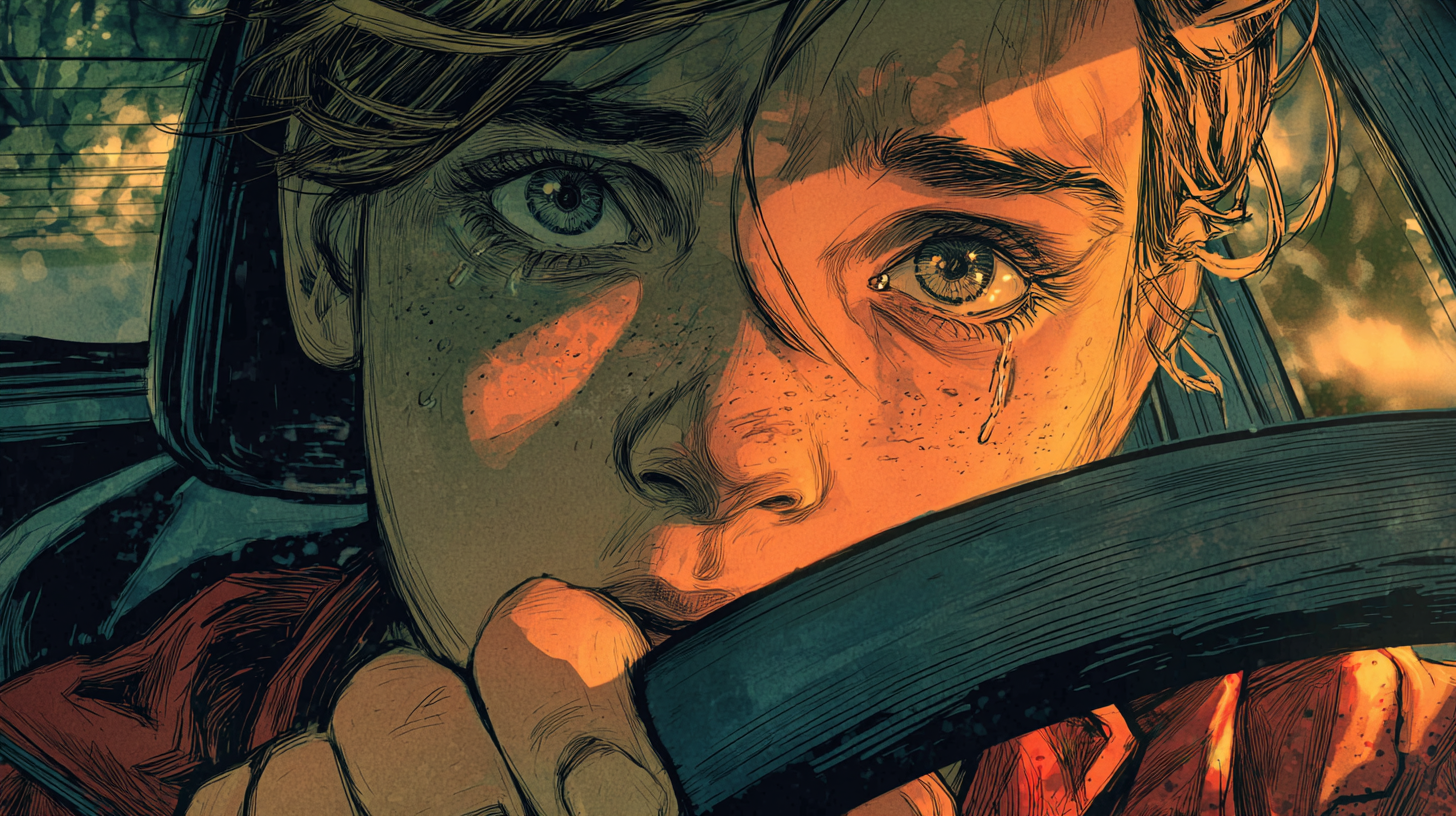
It's easy to assume Gen Z avoids therapy because of money. And sure, therapy is expensive. But scratch the surface, and there's something deeper going on: a quiet cultural rift over trust, identity, and what it means to be "strong."
First, there's the distrust of institutions. Gen Z has grown up in a world where systems failed them: economic crashes, a pandemic, climate collapse, all while watching billionaires rocket into space. Medical systems, including mental health, often feel commercial, inaccessible, or opaque.
On TikTok and Reddit, you hear the same skepticism: therapists are "just strangers you pay to pretend to care." It's not entirely paranoia; therapy is a business, and Gen Z knows it. In the State of Stigma report, one in three Gen Zers who'd been to therapy said they still felt misunderstood.
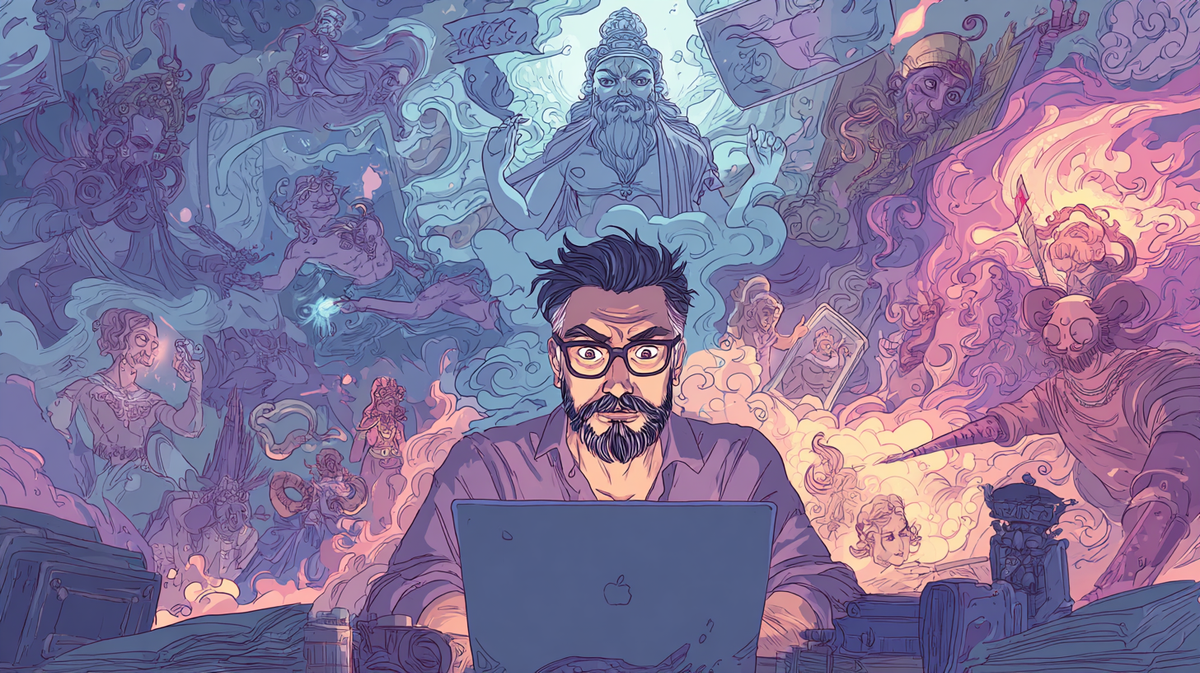
Second, there's a mismatch between how Gen Z expresses pain and how therapy receives it. This is the generation of the crying selfie. The mid-sob TikTok confessional. They're experts at narrating their own trauma, often for an audience. Yet many feel traditional therapy forces vulnerability into awkward scripts: "Tell me about your childhood." "How does that make you feel?" It's no wonder memes mocking therapy clichés go viral.
Behind the "crashing out" trend, there’s a catharsis, but also a way to avoid deeper connection that feels threatening or clinical.
@loveislandusa "There's more to me than a crashout." #LoveIslandUSA @hudabubbaaa
♬ Love Island USA Huda More Than a Crashout - Love Island USA
Third, there's a fierce loyalty to peer communities. Reddit, Discord, TikTok mutuals, these are Gen Z's real support groups. Confessions flow freely because there's no hierarchy, no medical chart. Online strangers might "get it" better than a credentialed stranger in an office.
@masonblakee FREEEEEE #relatable #fyp
♬ Imma be x I wanna love you - IG: djhunnybee
Yet, underneath it all, the same quiet truth hums: Gen Z is more emotionally literate than any generation before. But literacy doesn't always translate to trust. And without trust, therapy remains just another broken system.
The Role of Digital Spaces 👨💻
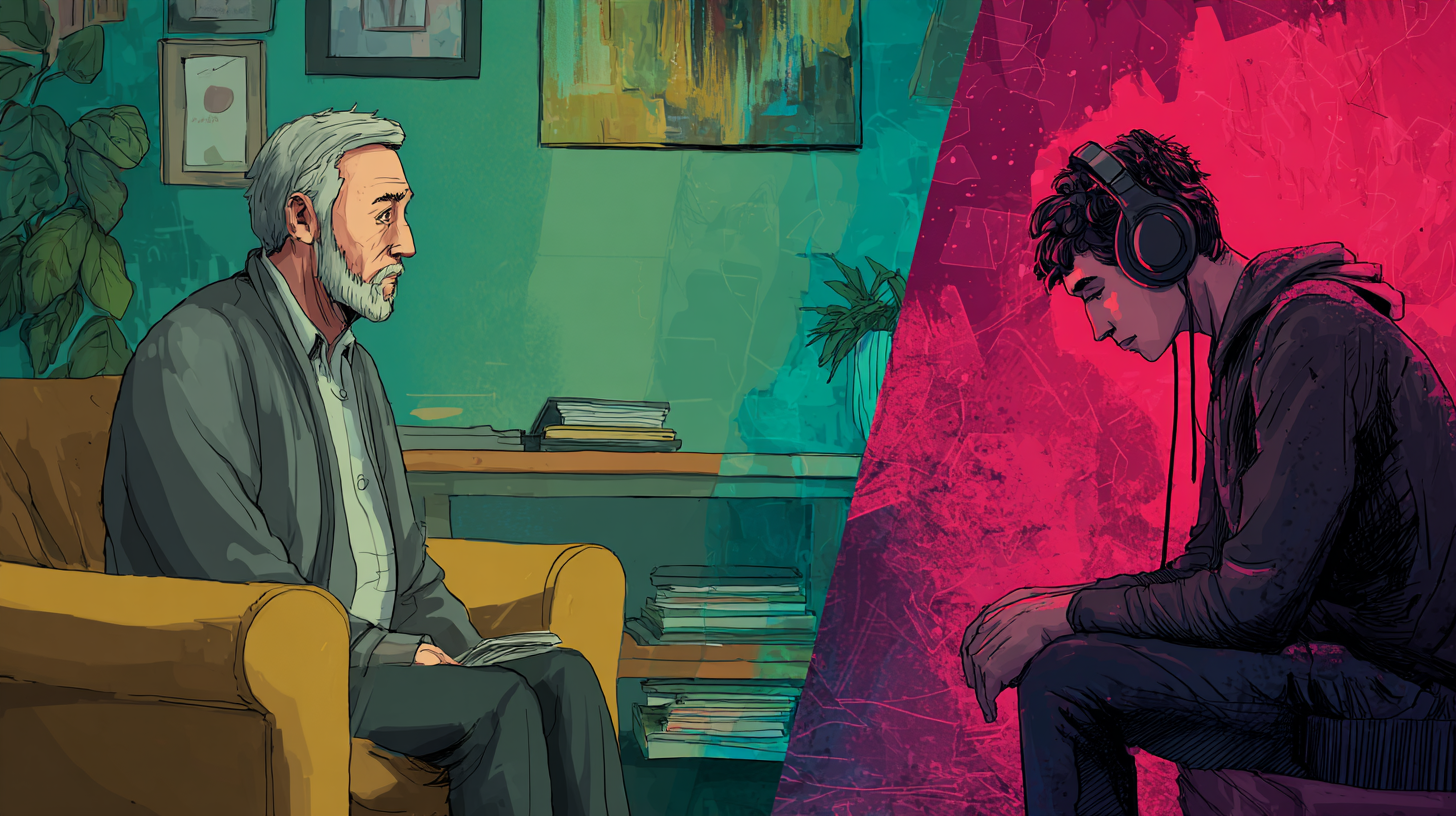
If you want to know where Gen Z's therapy sessions have gone, open TikTok. Or Reddit. Or Discord.
Because for this generation, the therapist's couch has been swapped for comment sections, viral trends, and an endless scroll of strangers who "get it." TikTok is both the confessional and the crowd.
The "crashing out" trend - where creators film themselves sobbing in cars or staring blankly at bedroom ceilings - are paired with captions whispering things like, "I've been strong for too long." These videos are a kind of digital scream: a public meltdown that feels faster, cheaper, and strangely safer than therapy.
Then there's the softer side: TikTok's #ProbablyNeededAHug trend, where people share quiet moments of vulnerability under Adele's Hometown Glory. A chipped coffee mug. A late-night walk. The gentle admission that "I'm not okay."
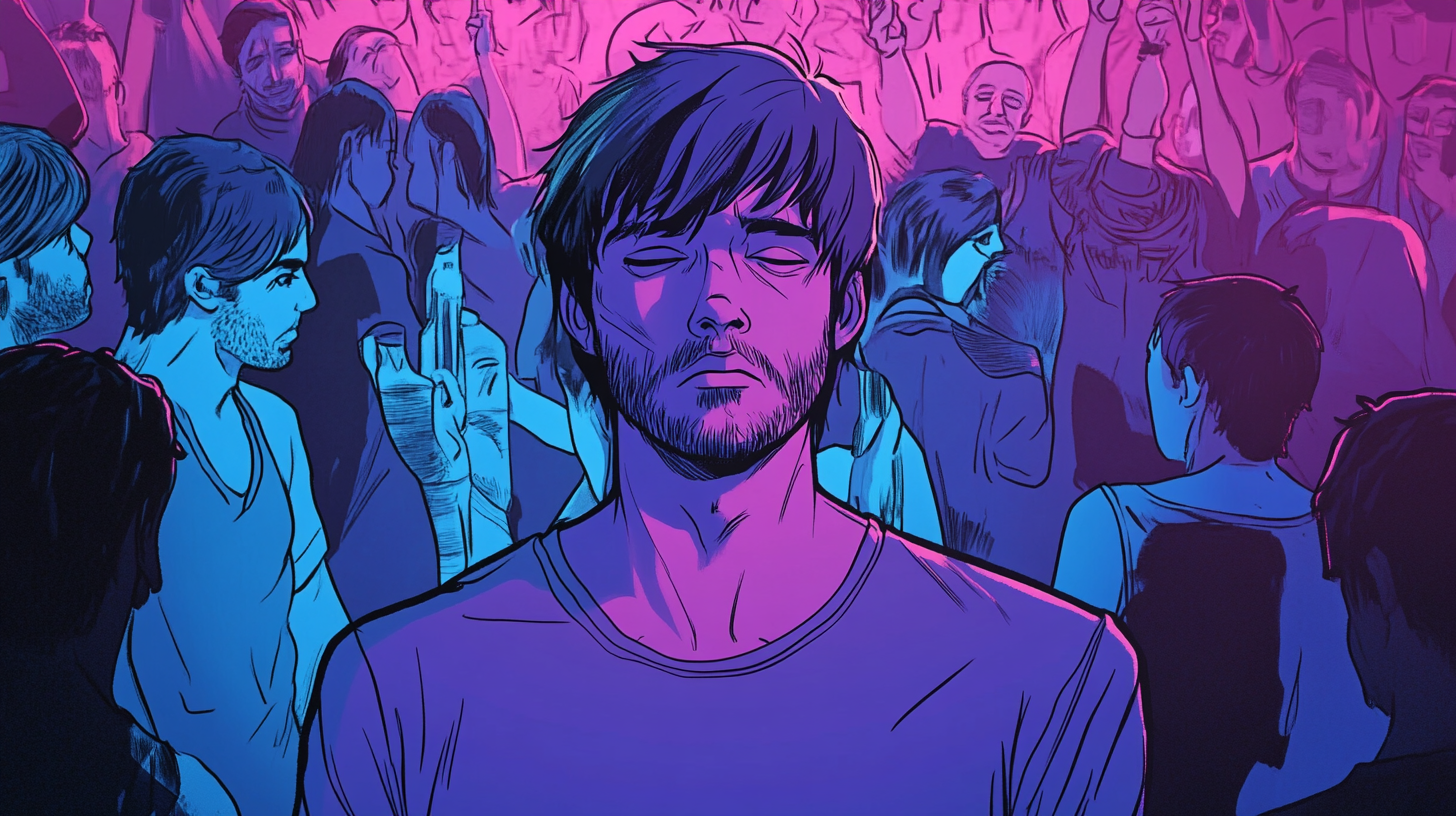
And floating above it all are people turning to AI therapists: chatbots like ChatGPT, as free, on-demand support. Videos show users typing confessions like, "Why can't I feel anything anymore?" and praising the algorithm for responding instantly, without judgment or cost.
On one hand, this digital landscape is beautiful. It's raw. Democratic. It makes mental health feel less hidden, less shameful. It offers solidarity to kids who might never have felt understood offline.
But it's also deeply unstable. In a 2025 study, researchers found that over half of mental health videos on TikTok contained misinformation. Advice that might be comforting but clinically dangerous. And even when the advice is harmless, there's a loneliness lurking underneath all that connection. A million views don't replace someone looking you in the eyes and saying, "I'm glad you're here."
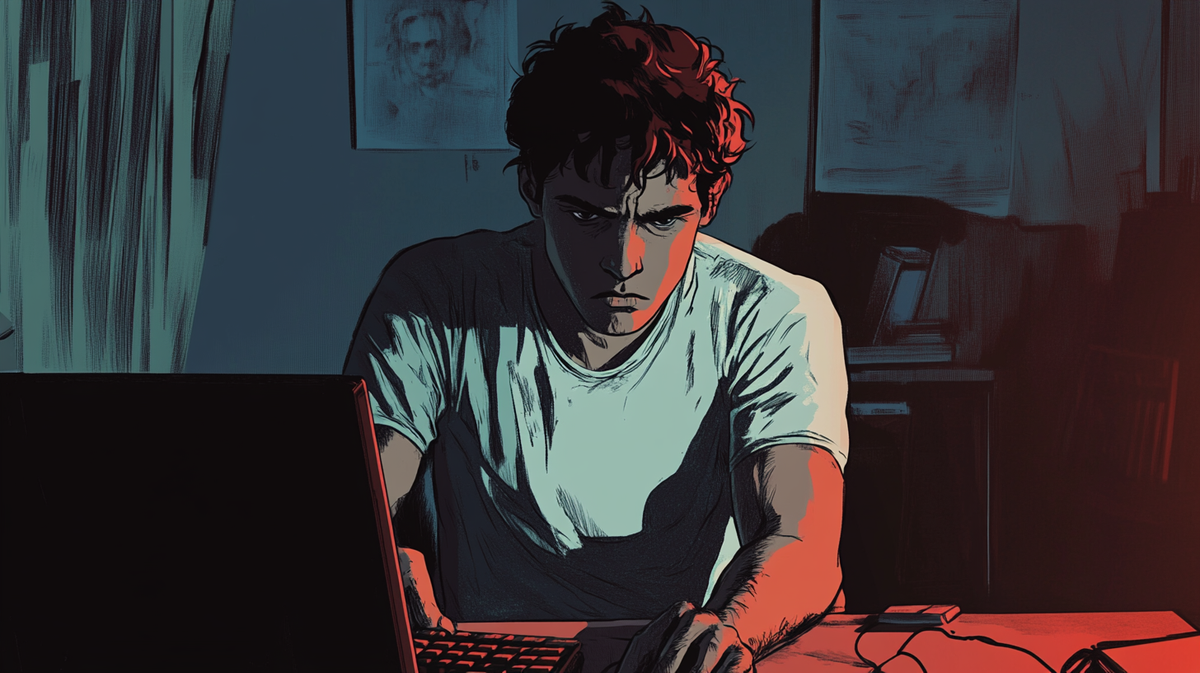
As one Reddit user put it: "It feels safer dumping my trauma online than telling a therapist. But the internet doesn't hug you back."
The digital world has become a vast, neon-lit waiting room where Gen Z sits, scrolling, half hoping for relief and half convinced that therapy just isn't worth the risk.
Consequences & Risks 🤷♀️
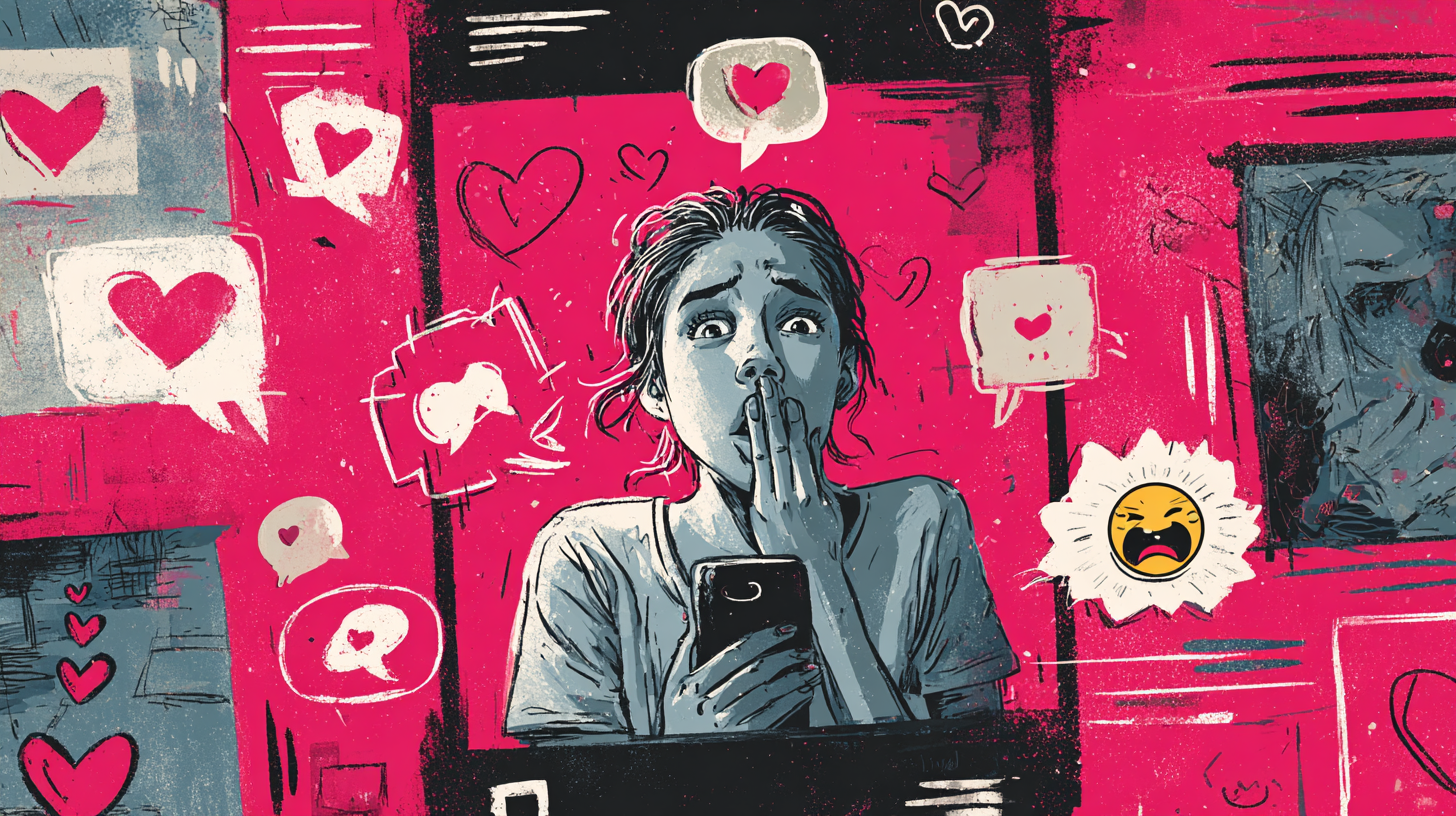
Here's the problem with skipping therapy for TikTok or Discord: the internet can hold your secrets, but it can't hold your hand. And that's starting to show. First, there's the comfort - and the cost - of echo chambers.
On TikTok, the algorithm is a mind reader. You like one video about numbness, and suddenly your For You Page floods with people confessing the same emptiness. It's validating. But it's also a trap.
Reddit threads are littered with cautionary tales. One user writes: "The subreddits helped at first. But eventually, I felt like I was drowning in other people's trauma." Peer spaces can soothe, but they can also become echo chambers of pain, where new solutions rarely break through the cycle.
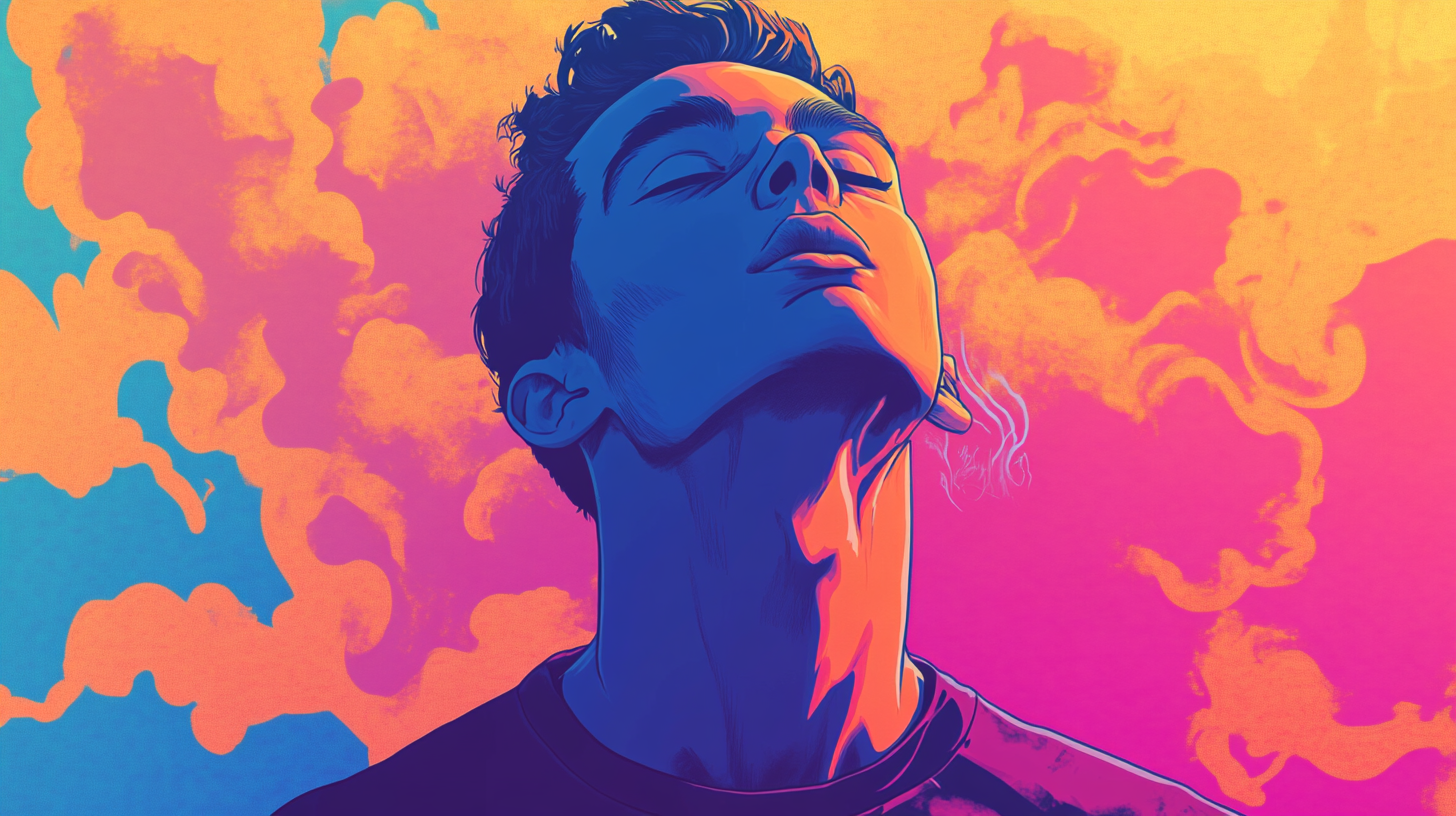
Second, there's the risk of oversharing without resolution. Vulnerability online earns likes. It goes viral. But it often stops at confession, without moving toward healing. A million strangers might nod along, but they won't guide you through panic attacks at 3am or help you untangle grief from guilt.
And while AI chatbots like ChatGPT can listen 24/7, professionals warn they lack nuance, ethical safeguards, and the human intuition needed for serious crises.
Third, there's loneliness disguised as connection. Gen Z is the most connected generation in history. Yet they're also among the loneliest. A CDC report last year showed that over half of U.S. young adults feel "serious loneliness." Digital spaces feel immediate and communal, but behind the screens, there's often an ache. As one user confessed in r/therapy: "I can talk to strangers online all night. But when I close my laptop, I still feel alone."
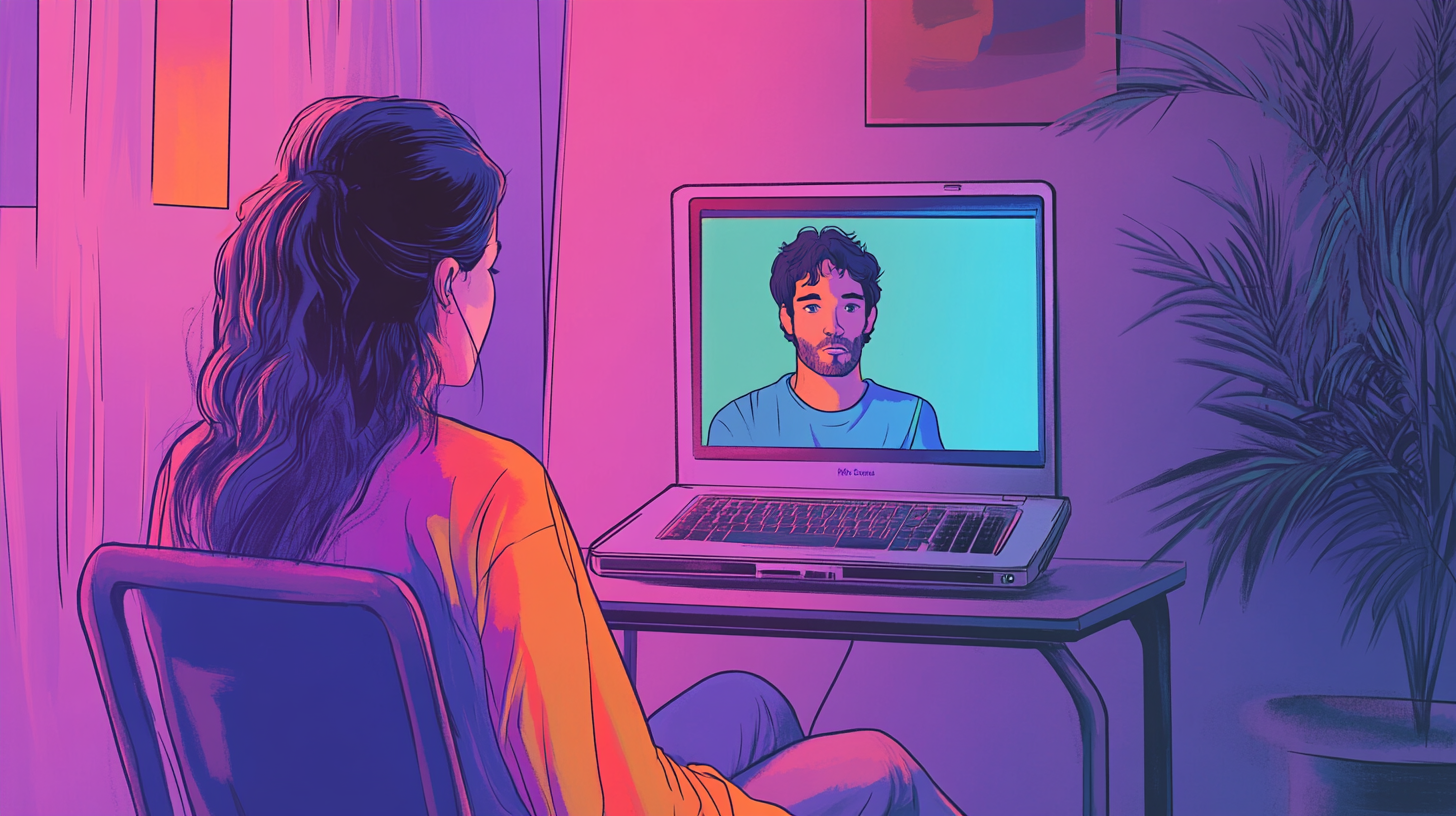
The paradox is brutal: Gen Z wants to feel seen. But they're terrified of being truly known. Therapy might be flawed, expensive, and sometimes awkward, but it was designed to help people step into the messy middle between isolation and connection.
And without it, we're at risk of a generation trapped in a loop of self-awareness without a path out.
A Path Forward: Rethinking Therapy 🔭
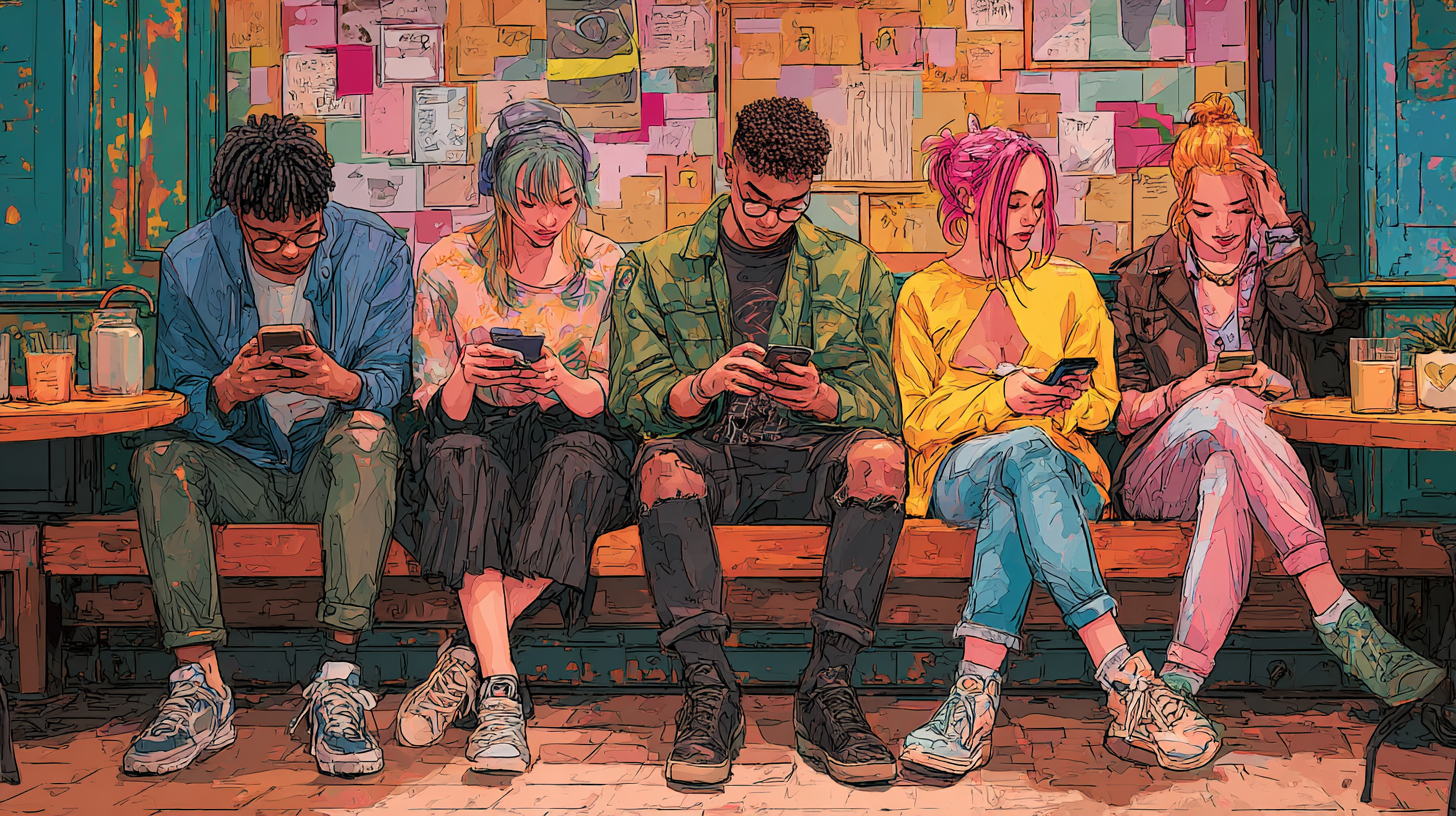
It would be easy to look at Gen Z's therapy resistance and call it a crisis. But maybe it's a clue. A sign that the old ways of mental health care: the softly lit rooms, the quiet clock ticking down the hour, aren't the only way to heal anymore.
Because here's the thing: Gen Z isn't anti-therapy. They're anti-bullshit. They want realness, flexibility, and care that feels human, not transactional. And maybe that's not a flaw. Maybe it's the future. Therapy, as a system, needs to evolve.
That could look like shorter sessions or sliding-scale pricing. Or like the new wave of therapists building followings on TikTok-sharing free insights, memes, and even gentle call-outs about bad therapy practices. Creators like @therapyjeff and @nedratawab rack up millions of views, proving that mental health can live online and still be meaningful.
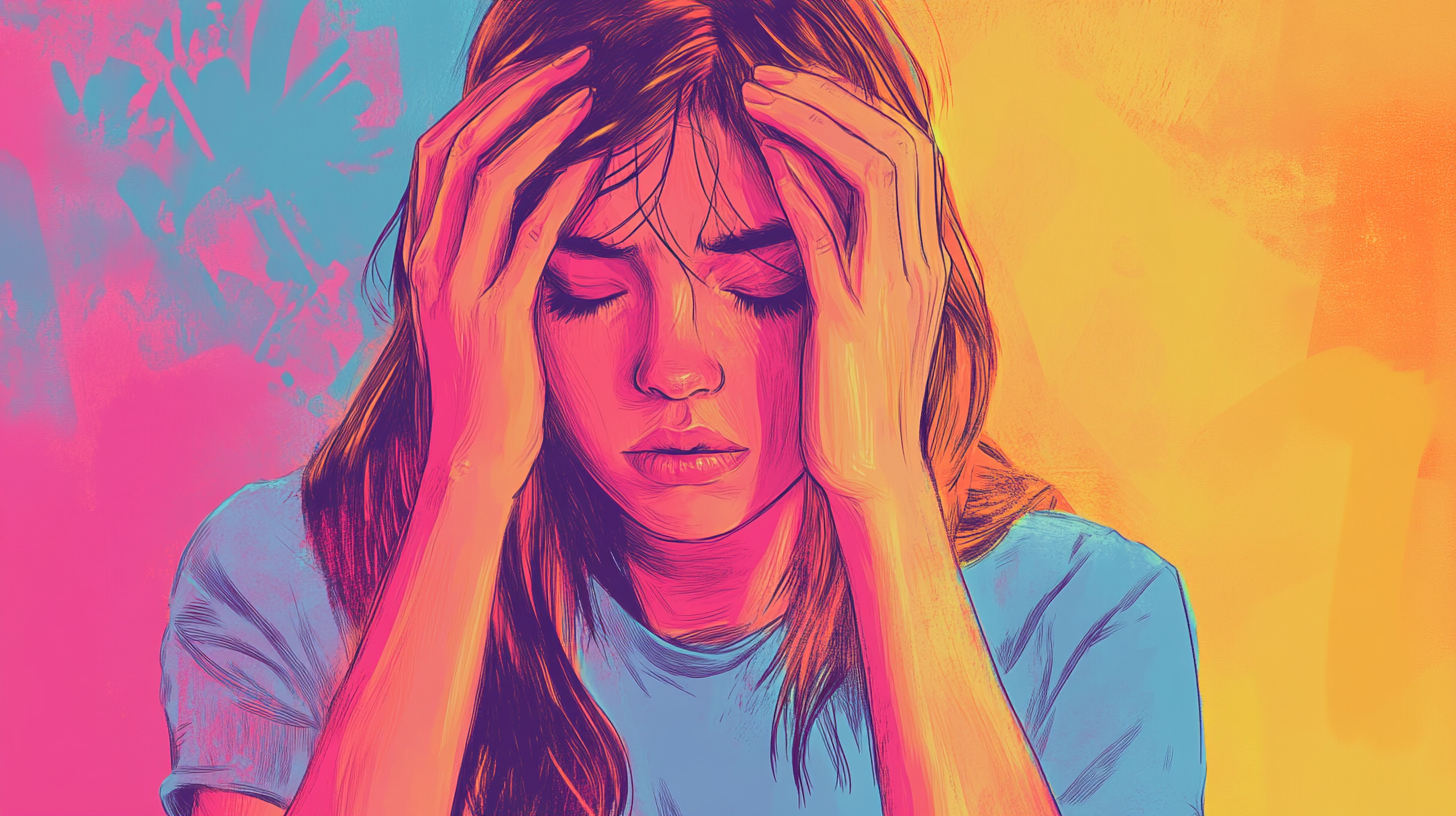
It could mean hybrid models, where professional support coexists with peer communities. Apps like Coa and Mindler are experimenting with group therapy sessions designed for digital natives-fast, affordable, and less intimidating than traditional offices.
But even tech-savvy therapy has to reckon with a deeper truth: Healing isn't content. It's connection. Real, messy, in-person or face-to-face connection. The kind that takes time, patience, and the awkward vulnerability of admitting, "I don't know how to do this alone."
For Gen Z, therapy doesn't have to die. It just has to get braver. More transparent. More willing to meet people where they already are, without losing the depth that makes it different from a viral trend.
Because behind every "crashing out" video and trauma meme is someone who still wants to be understood. Who still wants to heal.
The question isn't whether therapy is relevant. It's whether it can transform fast enough to stay human.
Things we learned this week 🤓
- ❤️🔥 Scientists agree: this is how many times a week you should be having sex.
- 🐶 Owning a cat or dog can offset aging. Owning a fish or a bird? Not so much.
- 🥰 Want to feel more loved? Express it more to others, say researchers.
- 🤔 Scientists ask: what attracts older men and younger women to 'sugar daddy' arrangements?
Just a list of proper mental health services I always recommend 💡
Here is a list of excellent mental health services that are vetted and regulated that I share with the therapists I teach:
- 👨👨👦👦 Peer Support Groups - good relationships are one of the quickest ways to improve wellbeing. Rethink Mental Illness has a database of peer support groups across the UK.
- 📝 Samaritans Directory - the Samaritans, so often overlooked for the work they do, has a directory of organisations that specialise in different forms of distress. From abuse to sexual identity, this is a great place to start if you’re looking for specific forms of help.
- 💓 Hubofhope - A brilliant resource. Simply put in your postcode and it lists all the mental health services in your local area.
I love you all. 💋










